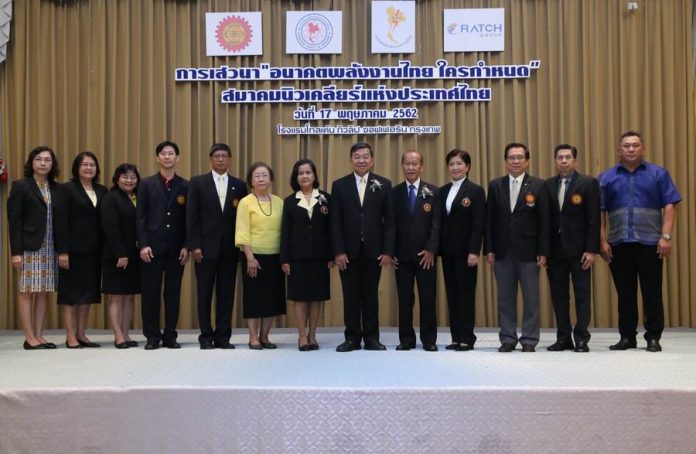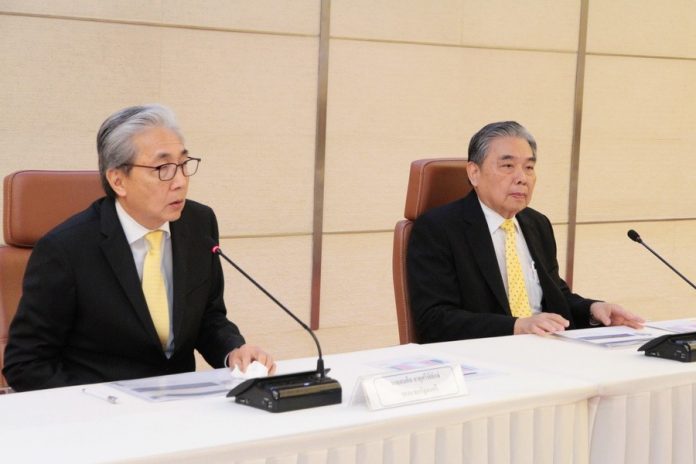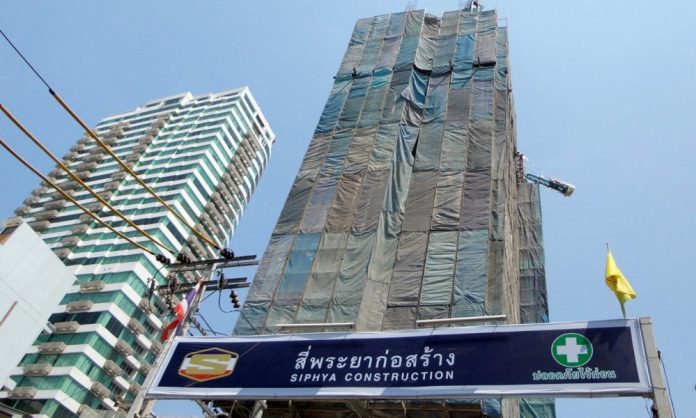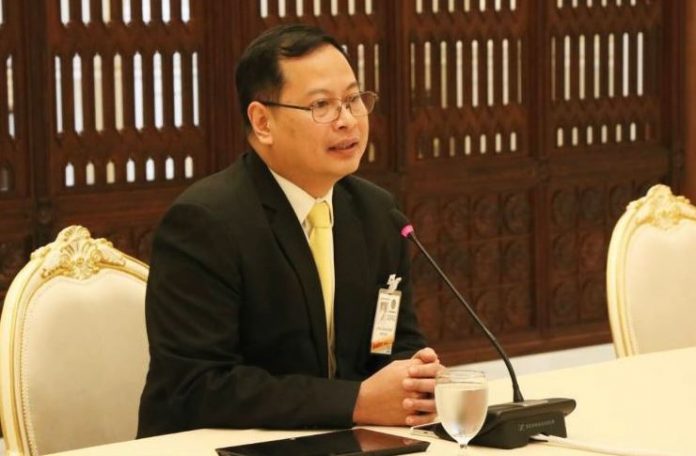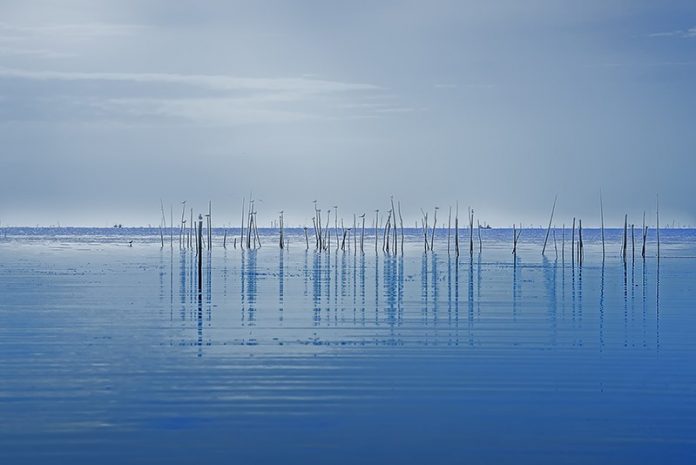BANGKOK, 18th May 2019 (NNT) – The Nuclear Society of Thailand and the Science Society of Thailand have organized a forum to provide information and hear suggestions from the public on the energy 4.0 policy.
At the forum, Dr. Soranit Siltham, Permanent Secretary of the Ministry of Higher Education, Science, Research and Innovation, said the Ministry of Higher Education, Science, Research and Innovation has recognized the importance of energy research with the setting up of the Science Promotion Fund for Research and Innovation, that helps support and enhance the efficiency of energy systems by using the existing infrastructure to reduce electricity production costs.
Meanwhile, Mrs. Sirinat Laoharojjanaphan, Vice President of the Nuclear Society of Thailand, said the Nuclear Society of Thailand has many experts and qualified members who are ready to support research and the role of nuclear energy. There are also projects studying development of the use of nuclear power in economic activities such as agriculture, industry and medicine. Last year, the Nuclear Society of Thailand organized a forum on opportunities and energy choices and the future of Thailand 4.0 era at the regional level in the North, Northeast and the South, to create knowledge and understanding of the main energy sources and alternative energy availibility for people in their daily lives, including those involved in the region. This also allows people to participate in providing suggestions to help determine policies and the country’s future energy policy. A document is being prepared for submission to the government.

